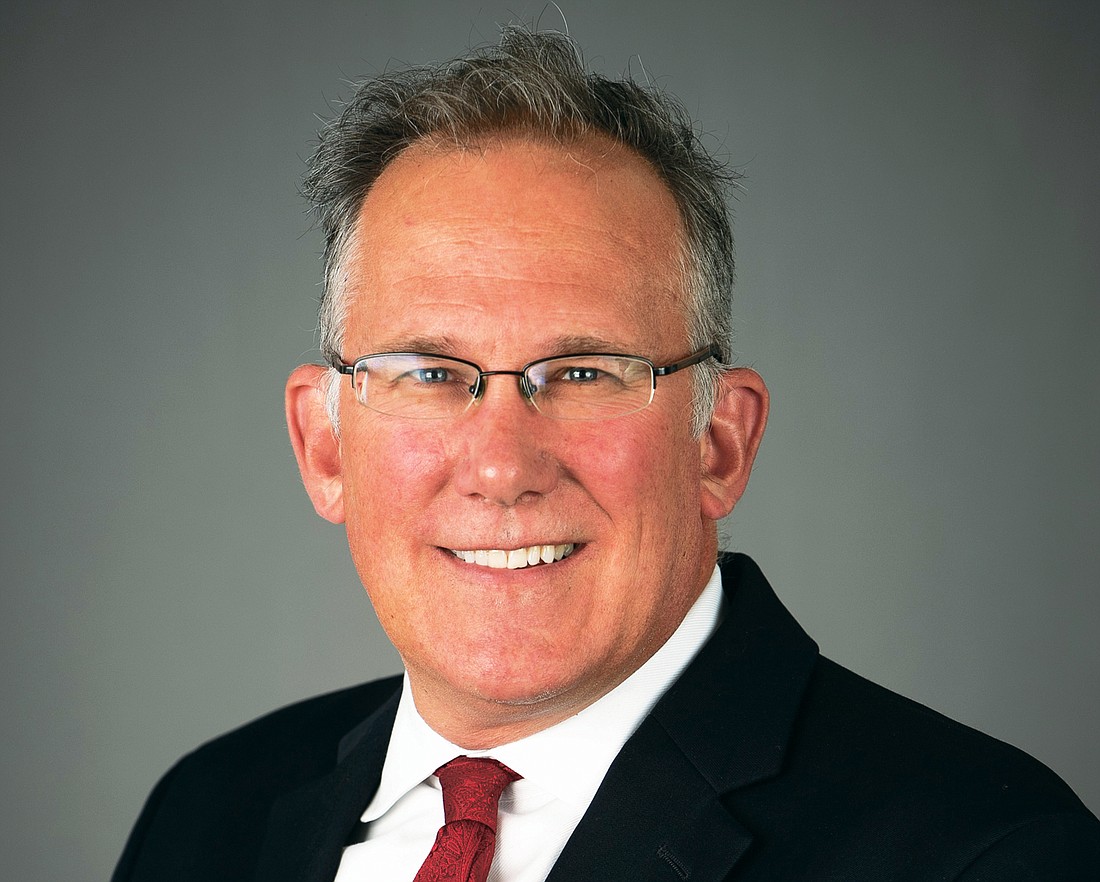
As the current economic expansion approaches its 10-year anniversary in June, many forecasters worry that the good times can’t continue and we may be headed for a recession later this year.
But Gus Faucher, chief economist at Pittsburgh-based PNC bank, remains optimistic, particularly for the Jacksonville area.
“It’s one of the strongest economies in the country,” Faucher said in an interview during a visit to Jacksonville last week.
He pointed to Jacksonville’s low unemployment rate, which hovered near the 3 percent level for the past four months of 2018, and strong wage growth as positive signs for the area’s economy.
Faucher thinks the Jacksonville area unemployment rate could dip even further than its record lows from last year, although it will be difficult for the rate to fall much below 3 percent.
“There are limits, obviously,” he said.
The job market is so strong in Northeast Florida that businesses may have trouble finding enough qualified workers to fill openings, Faucher said. But that would benefit local job seekers who will be able to demand higher salaries to remain in their job or take a new one.
Even if Jacksonville’s economy is stronger than the rest of the country, a national recession would impact Northeast Florida.
However, Faucher doesn’t expect a downturn in the near future.
“I certainly don’t expect to see a national recession in 2019,” he said.
“In 2020 it’s possible,” he said, but “most likely 2021.”
Recessions result from imbalances in the economy, Faucher said, and he doesn’t see them, particularly when compared with the last U.S. recession a decade ago.
“We don’t have the same overbuilding problem we had and the financial system is better capitalized,” he said.
“When I look at the underlying fundamentals of the U.S. economy, they’re pretty good.”
If the national economy falters, Jacksonville will fare better than other parts of Florida, Faucher said.
“It’s not as tourism-oriented as the rest of the state,” he said. A national or international recession will likely reduce tourists visiting Florida.
Another reason Faucher has a positive outlook for Jacksonville is continued strength in defense spending.
Not only is Jacksonville home to two U.S. Navy bases, it has other major businesses that benefit from defense contracts. Just in the past two weeks, two companies were awarded new contracts by the U.S. Defense Department.
BAE Systems Ship Repair LLC was awarded a $23.2 million contract last week for work on two ships that will be done at BAE’s Mayport facility through May 2020. The contract includes options that could bring its total value to $55.4 million.
That followed the announcement of a $16.9 million award to Northrop Grumman Corp. for Naval aircraft maintenance services at the company’s St. Augustine Facility.
Faucher said another encouraging trend for the region is the current project to deepen Jacksonville’s port, which will allow bigger cargo ships to dock.
“I do think that’s a big deal,” he said.
If there is a downside to the Jacksonville economy, it’s that the area is lagging in high-tech jobs, Faucher said.
“It’s not as much of an education hub and it’s not as much of a high-tech hub,” he said.
However, on balance, Faucher expects Jacksonville’s economic trends to continue the strength they showed last year.
“2019’s likely to be a good year as well,” he said.